
Find A Professional
More Items From Ergsy search
-
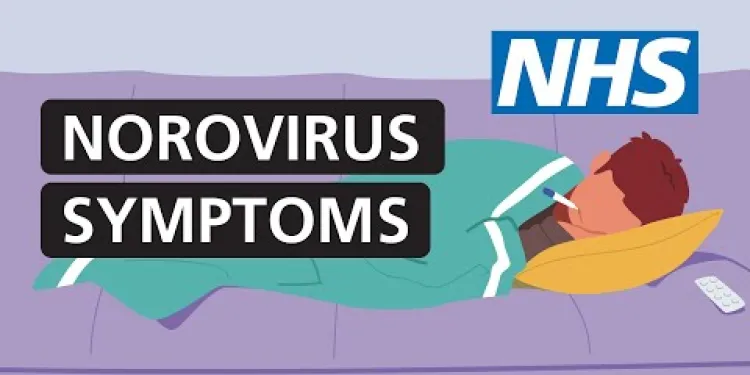
What is norovirus? (Diarrhoea and vomiting bug) | NHS
Relevance: 100%
-
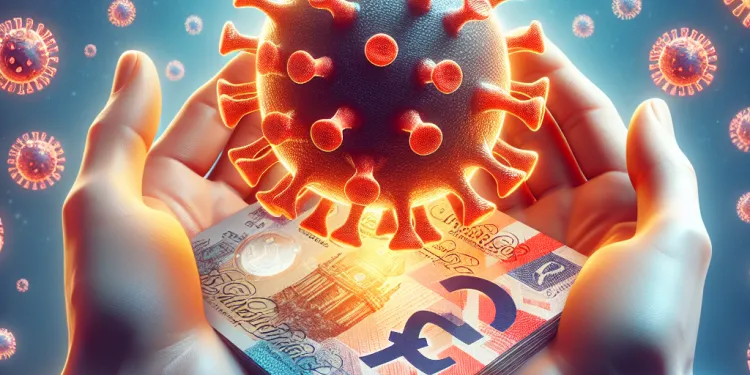
Can HPV lead to cancer?
Relevance: 73%
-

Can HPV affect both men and women?
Relevance: 72%
-

Is HPV testing available?
Relevance: 69%
-
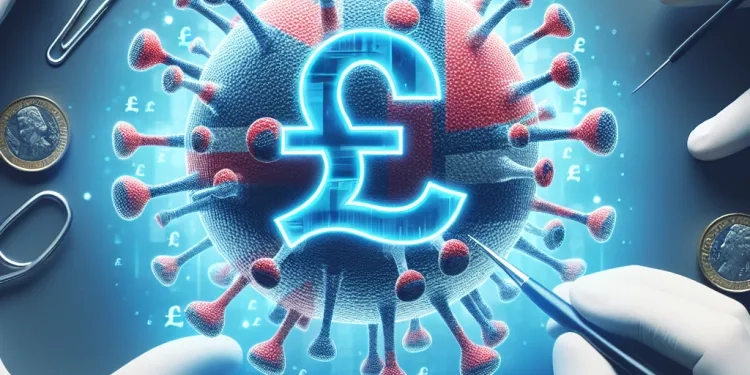
Is the Marburg virus related to the Ebola virus?
Relevance: 68%
-

What health problems can HPV cause?
Relevance: 67%
-

Can HPV go away on its own?
Relevance: 67%
-

How common is HPV?
Relevance: 65%
-

What is the HPV Virus?
Relevance: 64%
-

Can HPV be treated?
Relevance: 64%
-

Do men need the HPV vaccine?
Relevance: 64%
-

How can HPV be prevented?
Relevance: 63%
-
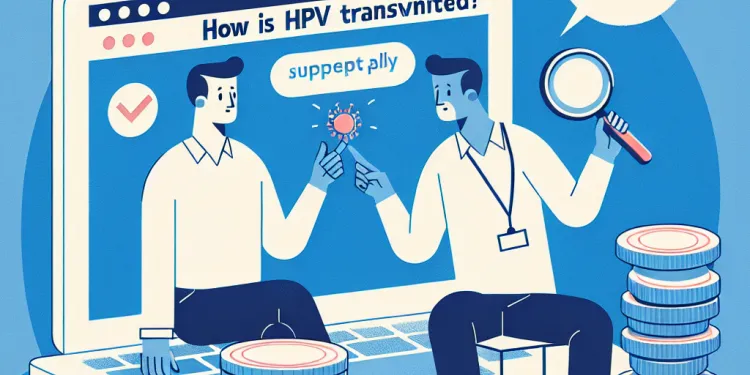
How is HPV transmitted?
Relevance: 59%
-

Are there symptoms of an HPV infection?
Relevance: 59%
-
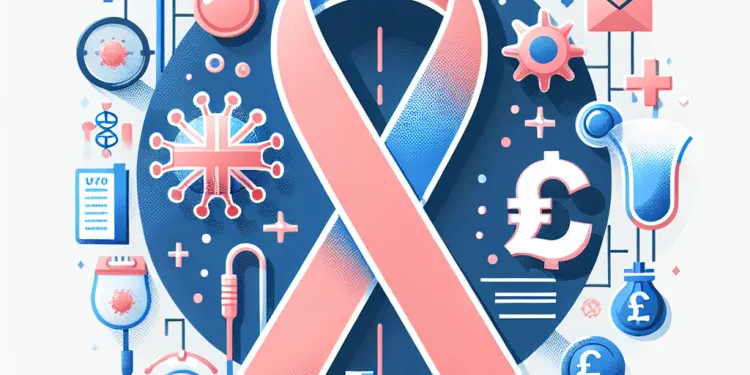
What is the link between HPV and cervical cancer?
Relevance: 58%
-

Where was the Marburg virus first discovered?
Relevance: 57%
-
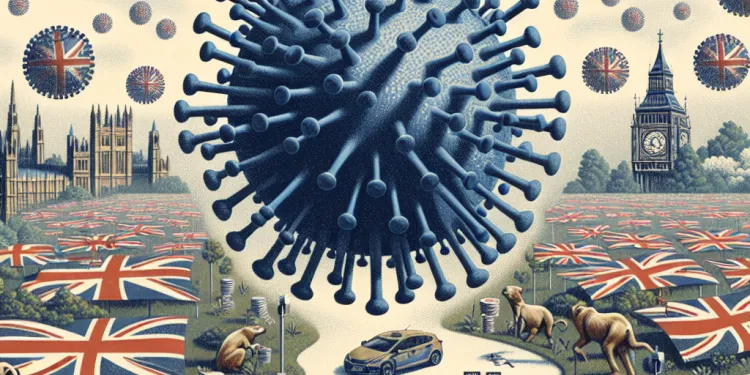
How is West Nile Virus transmitted?
Relevance: 56%
-
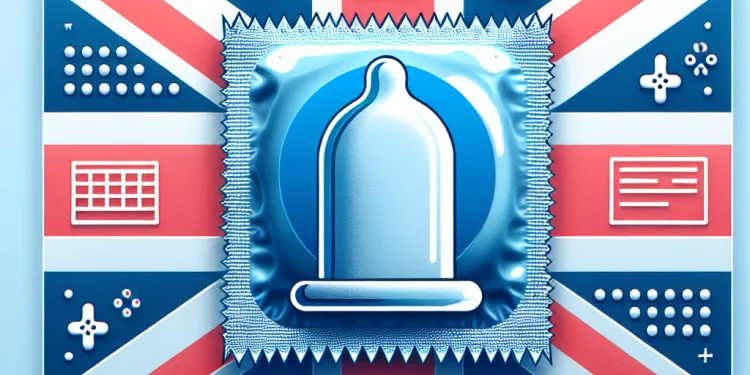
Can using condoms fully protect against HPV?
Relevance: 56%
-

What is the year 8 HPV vaccine? | NHS
Relevance: 56%
-
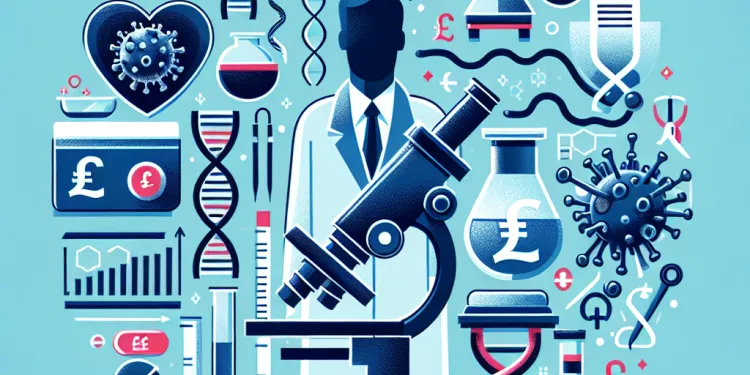
What research is being done on the Marburg virus?
Relevance: 55%
-

What age group is most at risk for HPV?
Relevance: 55%
-
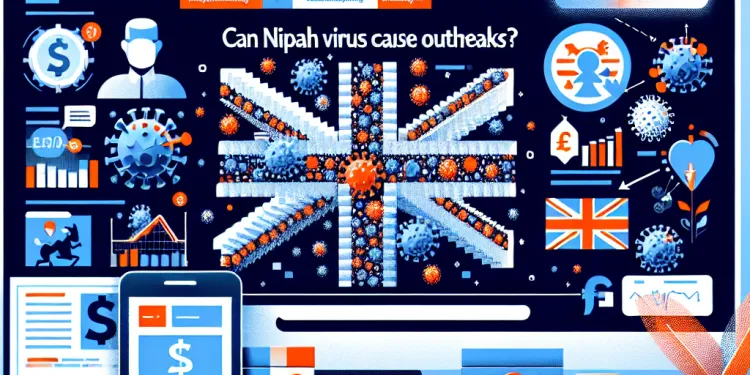
Can Nipah Virus cause outbreaks?
Relevance: 55%
-
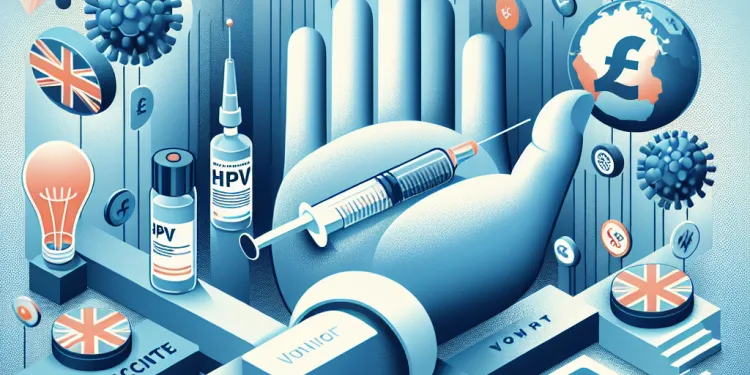
Who should get the HPV vaccine?
Relevance: 55%
-

Which animals are known to carry Nipah Virus?
Relevance: 55%
-

Where was Nipah Virus first identified?
Relevance: 54%
-

Which countries are affected by West Nile Virus?
Relevance: 53%
-

What role do fruit bats play in Nipah Virus transmission?
Relevance: 53%
-

Surge in HPV Vaccination Rates Among Young Women in the UK
Relevance: 53%
-

What is West Nile Virus?
Relevance: 53%
-
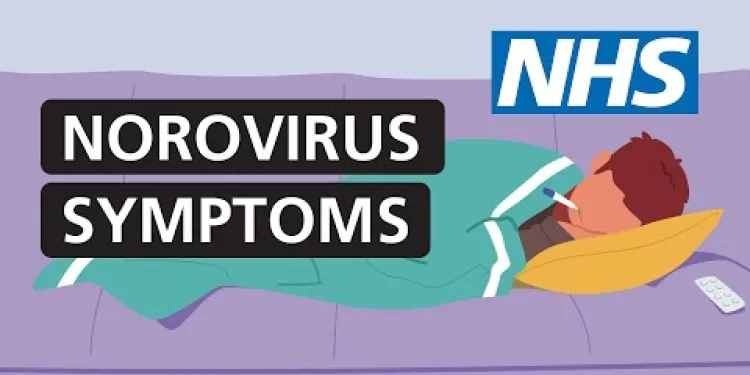
What is norovirus? (Diarrhoea and vomiting bug) | NHS
Relevance: 52%
-
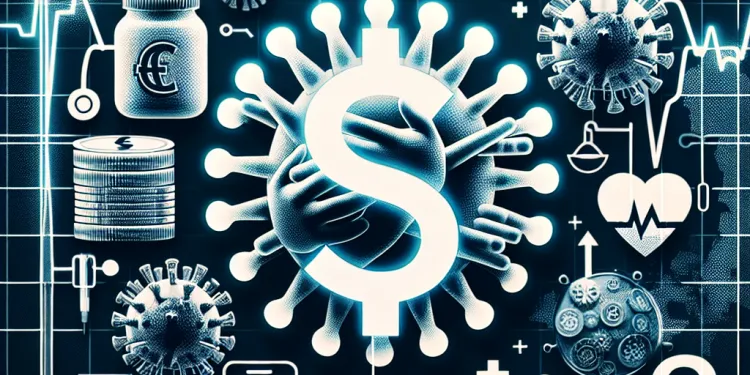
How is Nipah Virus diagnosed?
Relevance: 51%
-
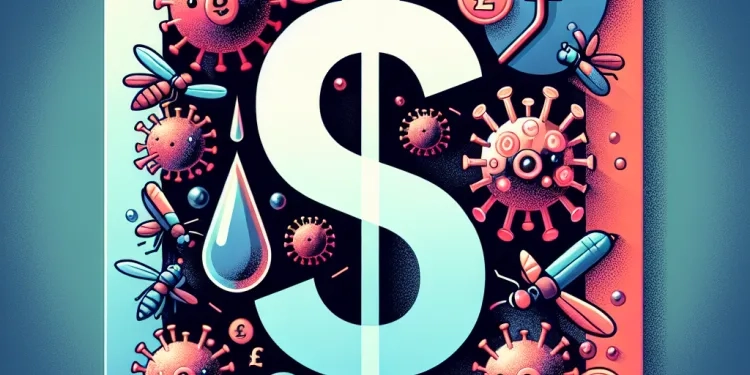
How is the Marburg virus transmitted?
Relevance: 51%
-
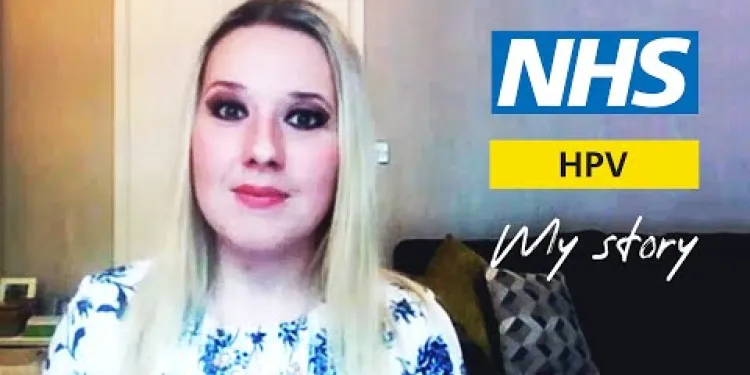
HPV - My Story | NHS
Relevance: 51%
-
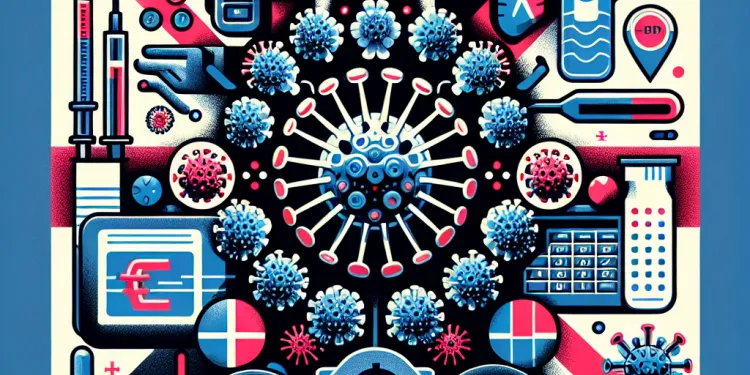
Can Nipah Virus cause neurological complications?
Relevance: 50%
-

What is the mortality rate of Nipah Virus infection?
Relevance: 50%
-
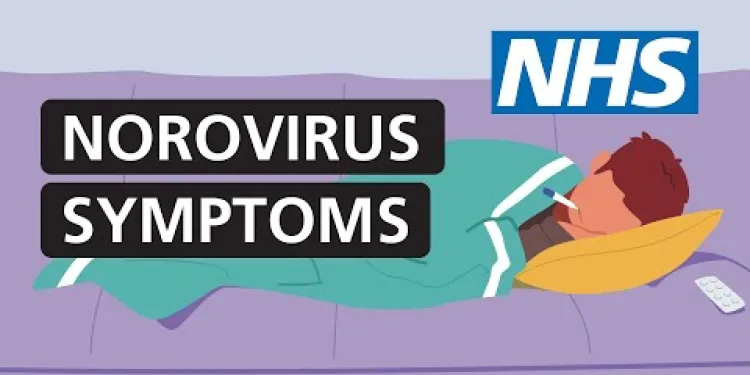
What is norovirus? (Diarrhoea and vomiting bug) | NHS
Relevance: 48%
-

What is West Nile Virus?
Relevance: 47%
-

Can Marburg virus disease recur after recovery?
Relevance: 46%
-

How is Nipah Virus transmitted?
Relevance: 46%
-

What global organizations are involved in Nipah Virus research?
Relevance: 46%
Overview of the HPV Virus
Human Papillomavirus (HPV) is a common virus with over 100 different types, some of which can lead to certain cancers and diseases. It is a highly contagious virus that spreads through skin-to-skin contact, particularly during sexual activity. Most sexually active individuals will contract HPV at some point in their lives.
Types of HPV
HPV is categorized into high-risk and low-risk types. Low-risk types may cause warts on different parts of the body, such as the genital area, hands, or feet. High-risk types can lead to cancers, most notably cervical cancer, but also other cancers like anal, oropharyngeal (throat), penile, vaginal, and vulvar cancers. The most common high-risk types are HPV 16 and 18, which are responsible for the majority of HPV-related cancers.
Symptoms and Health Implications
HPV often does not cause noticeable symptoms, which is why many people may not realize they are infected. Genital warts, caused by low-risk types of HPV, are one of the few visible signs of the infection. These warts can vary in size and appearance. High-risk HPV types do not usually display symptoms until they have caused significant changes in the body's cells or developed into cancer, thus regular screening is crucial for early detection, especially in the case of cervical cancer.
Prevention
HPV can be prevented in several ways. The most effective method is vaccination. In the UK, the HPV vaccine is routinely offered to girls and boys aged 12 to 13 years as part of the NHS vaccination programme. This vaccine protects against the most dangerous types of HPV. Furthermore, practising safe sex by using condoms can reduce the risk of transmitting HPV, though it does not provide complete protection since HPV can infect areas not covered by condoms.
HPV Screening and Diagnosis
Regular screening is vital for the early detection of changes in cervical cells. In the UK, the NHS Cervical Screening Programme invites women and people with a cervix aged 25 to 64 for regular screenings every 3 to 5 years. During these screenings, a sample of cells is taken from the cervix to test for the presence of high-risk HPV types and any abnormal cell changes.
Treatment
There is no cure for the virus itself, but the health problems it causes can be treated. Genital warts can be managed with topical treatments or removed via medical procedures. Precancerous lesions or cancers resulting from HPV can also be treated, with options depending on their severity and location. Early detection through screening greatly improves the chances of successful treatment.
What is the HPV Virus?
HPV stands for Human Papillomavirus. It is a very common virus with over 100 types. Some types can cause cancers and other health problems. The virus spreads easily through skin contact, especially during sex. Most people who are sexually active will catch HPV at some time in their life.
Types of HPV
There are two main types of HPV: low-risk and high-risk. Low-risk HPV might cause warts on the body, like on the genitals, hands, or feet. High-risk HPV can lead to cancer. It can cause cervical cancer and other cancers like throat, penis, and vaginal cancer. The most common high-risk types are called HPV 16 and 18. These are responsible for most cancers caused by HPV.
Signs and Health Effects
HPV usually does not have clear signs, so people might not know they have it. Genital warts are one sign of low-risk HPV. Warts can look different in size and shape. High-risk HPV types don’t show signs until they change the body’s cells or cause cancer. This is why regular health check-ups are important, especially to find cervical cancer early.
How to Prevent HPV
There are ways to prevent HPV. The best way is to get vaccinated. In the UK, kids aged 12 to 13 can get the HPV vaccine from the NHS. This shot helps protect against the worst types of HPV. Also, using condoms can help prevent HPV. But since HPV can infect areas not covered by condoms, it doesn’t give full protection.
HPV Check-Ups
Regular check-ups help find early changes in cervical cells. In the UK, the NHS invites women and anyone with a cervix aged 25 to 64 for screenings every 3 to 5 years. During these check-ups, a sample of cells from the cervix is tested for high-risk HPV and any cell changes.
Treatment
There is no cure for HPV, but the problems it causes can be treated. Genital warts can be treated with medicines or medical procedures. If high-risk HPV causes precancerous lesions or cancers, these can be treated too. The kind of treatment depends on how serious or where the problem is. Finding issues early through screenings helps in successful treatment.
Frequently Asked Questions
What does HPV stand for?
HPV stands for Human Papillomavirus.
How many types of HPV are there?
There are over 200 types of HPV.
How is HPV transmitted?
HPV is primarily transmitted through intimate skin-to-skin contact, including sexual intercourse.
Can HPV affect both men and women?
Yes, HPV can affect both men and women.
What health problems can HPV cause?
HPV can cause genital warts and is linked to various cancers, including cervical, anal, and throat cancers.
Is there a vaccine for HPV?
Yes, there are vaccines available to protect against the most common cancer-causing strains of HPV.
Who should get the HPV vaccine?
The HPV vaccine is recommended for preteens aged 11 to 12, but it can be given starting at age 9 and up to age 26.
Can HPV be treated?
There is no treatment for the virus itself, but the health problems it causes, like warts and cancers, can be treated.
Can HPV go away on its own?
In many cases, HPV infections resolve on their own without causing health problems.
How common is HPV?
HPV is the most common sexually transmitted infection.
How can HPV be prevented?
HPV can be prevented through vaccination, using condoms during sex, and limiting the number of sexual partners.
Can HPV cause infertility?
HPV itself does not cause infertility, but some of the reproductive health issues associated with it might affect fertility.
Is HPV testing available?
Yes, HPV testing is available and is often done alongside a Pap smear for women to check for cervical cancer risk.
Are there symptoms of an HPV infection?
Most people with HPV do not develop symptoms or health problems from the infection.
Can HPV lead to cancer?
Yes, persistent infection with high-risk HPV types can lead to various cancers.
What is the link between HPV and cervical cancer?
Almost all cases of cervical cancer are caused by persistent infection with high-risk HPV types.
Can using condoms fully protect against HPV?
Condoms can lower the risk of HPV but do not provide complete protection as HPV can infect areas not covered by a condom.
What age group is most at risk for HPV?
Young adults and adolescents are at the highest risk for HPV.
Do men need the HPV vaccine?
Yes, the HPV vaccine is recommended for both males and females to reduce the risk of HPV-related diseases.
Can HPV be spread through non-sexual contact?
HPV is primarily spread through sexual contact, but it might be possible in rare cases through other means of intimate skin-to-skin contact.
What does HPV mean?
HPV stands for Human Papillomavirus. It's a virus that can cause warts and other health problems.
Tip: You can use simple words and short sentences to make things easy to understand. You can also use picture books or videos to learn more about HPV.
HPV means Human Papillomavirus.
How many kinds of HPV are there?
HPV is short for Human Papillomavirus.
There are many kinds of HPV. There are more than 100 kinds.
If you find reading hard, you can:
- Ask someone to read with you.
- Use a computer or phone to read the text to you.
- Break the text into small parts and read slowly.
There are more than 200 types of HPV.
How does HPV spread?
HPV can pass from one person to another during close contact. It often spreads when two people touch, like through kissing or hugging. Using a condom can help keep you safe. Talking with a doctor or nurse can help too.HPV is a virus you can get from close skin contact. This includes having sex.
Does HPV affect men and women?
HPV can affect everyone. It can affect men and women.
If you want to learn more, try using picture books or videos. Talking to a doctor or nurse can also help.
Yes, HPV can affect men and women.
What health problems can HPV cause?
HPV is a virus that can make us sick. Here are some health problems it can cause:
- Warts: These are small bumps on your skin. They can be on your hands, feet, or other body parts.
- Cancer: Sometimes, HPV can make cells grow the wrong way. This can lead to cancer, like cervical cancer in women.
If you are worried about HPV or have questions, you can talk to a doctor or nurse. They can help you understand more. You can also use pictures or videos to learn about HPV.
HPV is a virus. It can cause small bumps called genital warts. HPV can also lead to some types of cancer, like cancer in the cervix, anus, and throat.
Can you get a vaccine to stop HPV?
Yes, there are shots that can help stop some types of HPV that can cause cancer.
Who should get the HPV vaccine?
The HPV vaccine helps protect against some types of cancer. It is good for children and young adults. Doctors say kids around 11 or 12 years old should get the vaccine. But people up to 26 years old can get it too.
Getting vaccinated at the right age can help keep you safe.
If you have any questions, talk to a doctor or nurse. They can help you understand more about the vaccine.
The HPV shot is a medicine that helps stop people from getting sick. Kids who are 11 or 12 years old should get this shot. But kids as young as 9 can also get it. People up to 26 years old can get this shot too.
Can HPV be treated?
People want to know if we can make HPV go away. HPV is a virus that can cause warts and other skin changes.
There is no medicine that can stop the virus, but doctors can help with other parts.
Doctors can make warts go away.
Remember: talk to a doctor if you have questions.
If you find reading hard, you can:
- Ask someone you trust to read with you.
- Use a computer or phone to read out loud for you.
There is no medicine that can stop the virus. But doctors can help with the health problems it causes, like warts and cancers.
Can HPV go away by itself?
HPV is a virus that many people can get. Most of the time, the body fights off the virus, and it goes away by itself. This means you do not need any special treatment. Eating healthy food, sleeping well, and not stressing too much can help your body stay strong.
If you are worried or need help, talk to a doctor or a nurse. They can give you more information.
Using reminders or a calendar can help you keep track of any doctor appointments.
Most of the time, HPV goes away by itself and does not cause any health problems.
How many people get HPV?
Many people can get a virus called HPV. It is quite common and lots of adults have it.
Here are some ways to help understand:
- Learn with simple books or videos about health.
- Talk with a doctor or nurse who can explain it clearly.
- Ask questions if you are unsure about something.
HPV is a germ you can get when you have sex. It is very common.
How can people stay safe from HPV?
HPV can be stopped by taking some easy steps:
- Get the HPV vaccine. It helps keep you safe from the virus.
- Use condoms when you have sex. This can help stop the virus from spreading.
- Have regular health check-ups. This helps find any problems early.
It can also be helpful to talk to a doctor or nurse if you have questions.
You can stop HPV by getting a vaccine, using condoms when you have sex, and having fewer people you have sex with.
Can HPV make it hard to have babies?
HPV is a virus. Most people who have it can still have babies. But, it's good to talk to a doctor if you are worried.
Helpful tips:
- Ask your doctor questions.
- Use pictures or videos to learn more.
- Bring someone to help remember what the doctor says.
HPV does not make you unable to have babies. But some problems that come with HPV might make it harder to have babies.
Can you get a test for HPV?
Yes, you can have a test to check for HPV. HPV is a virus that can make you sick. It is important to know if you have it.
If you think you need a test, go to the doctor or a health clinic. They can help you with the test.
You can also ask someone you trust to help you understand more about the test. Using pictures or videos can make it easier to understand.
Yes, you can get an HPV test. It is often done with a Pap smear for women to check if they might get cervical cancer.
What happens if I have an HPV infection?
Some people with HPV might notice changes in their bodies.
- They could get warts on their skin.
- Sometimes, there might be no signs at all.
If you're worried, talk to a doctor.
You can use pictures or videos to help you understand more.
Most people who have HPV do not get sick or have problems because of it.
Can HPV cause cancer?
HPV is a virus that can cause cancer in some people.
If you have questions or feel worried, talk to a doctor or nurse.
They can give you more information and help you feel better.
You can use pictures or videos to help understand better.
Yes, some types of HPV can stay in the body and lead to cancer.
How does HPV cause cervical cancer?
Most of the time, cervical cancer happens because of an infection. This infection is caused by a virus called HPV that stays in the body for a long time.
Do condoms stop all HPV?
Condoms can help stop most HPV. But, they don't cover everything. So, they can't fully stop it.
Ask a doctor or nurse for more help. They can give you good advice.
Using clear pictures or videos can also help you understand better.
Condoms can help keep you safer from HPV, but they don't stop it completely. HPV can still get to places the condom doesn't cover.
Which age group has the highest risk for HPV?
Teenagers and young adults have the biggest chance of getting HPV.
Do boys and men need the HPV vaccine?
Boys and men can get sick from HPV too.
The HPV vaccine helps protect against these illnesses.
It is good for boys and men to get the vaccine.
If you have trouble reading, ask someone to read with you.
You can also use audio books or reading apps for help.
Yes, boys and girls should get the HPV vaccine. It helps stop them from getting diseases caused by HPV.
Can HPV be passed through touch?
HPV is a virus. It can sometimes spread by touching. This means you might get it even if you don't have sex.
Wash hands: Keep your hands clean to help stop germs.
Use protection: Wear gloves if you think you might touch something that has the virus.
If you need help to understand more, ask a friend or adult to explain. You can also use pictures or videos to learn about HPV.
HPV spreads mostly through sex. But sometimes, it might spread through close skin contact in other ways.
Useful Links
- Ergsy carfully checks the information in the videos we provide here.
- Videos shown by Youtube after a video has completed, have NOT been reviewed by ERGSY.
- To view, click the arrow in centre of video.
- Most of the videos you find here will have subtitles and/or closed captions available.
- You may need to turn these on, and choose your preferred language.
- Go to the video you'd like to watch.
- If closed captions (CC) are available, settings will be visible on the bottom right of the video player.
- To turn on Captions, click settings .
- To turn off Captions, click settings again.
More Items From Ergsy search
-

What is norovirus? (Diarrhoea and vomiting bug) | NHS
Relevance: 100%
-

Can HPV lead to cancer?
Relevance: 73%
-

Can HPV affect both men and women?
Relevance: 72%
-

Is HPV testing available?
Relevance: 69%
-

Is the Marburg virus related to the Ebola virus?
Relevance: 68%
-

What health problems can HPV cause?
Relevance: 67%
-

Can HPV go away on its own?
Relevance: 67%
-

How common is HPV?
Relevance: 65%
-

What is the HPV Virus?
Relevance: 64%
-

Can HPV be treated?
Relevance: 64%
-

Do men need the HPV vaccine?
Relevance: 64%
-

How can HPV be prevented?
Relevance: 63%
-

How is HPV transmitted?
Relevance: 59%
-

Are there symptoms of an HPV infection?
Relevance: 59%
-

What is the link between HPV and cervical cancer?
Relevance: 58%
-

Where was the Marburg virus first discovered?
Relevance: 57%
-

How is West Nile Virus transmitted?
Relevance: 56%
-

Can using condoms fully protect against HPV?
Relevance: 56%
-

What is the year 8 HPV vaccine? | NHS
Relevance: 56%
-

What research is being done on the Marburg virus?
Relevance: 55%
-

What age group is most at risk for HPV?
Relevance: 55%
-

Can Nipah Virus cause outbreaks?
Relevance: 55%
-

Who should get the HPV vaccine?
Relevance: 55%
-

Which animals are known to carry Nipah Virus?
Relevance: 55%
-

Where was Nipah Virus first identified?
Relevance: 54%
-

Which countries are affected by West Nile Virus?
Relevance: 53%
-

What role do fruit bats play in Nipah Virus transmission?
Relevance: 53%
-

Surge in HPV Vaccination Rates Among Young Women in the UK
Relevance: 53%
-

What is West Nile Virus?
Relevance: 53%
-

What is norovirus? (Diarrhoea and vomiting bug) | NHS
Relevance: 52%
-

How is Nipah Virus diagnosed?
Relevance: 51%
-

How is the Marburg virus transmitted?
Relevance: 51%
-

HPV - My Story | NHS
Relevance: 51%
-

Can Nipah Virus cause neurological complications?
Relevance: 50%
-

What is the mortality rate of Nipah Virus infection?
Relevance: 50%
-

What is norovirus? (Diarrhoea and vomiting bug) | NHS
Relevance: 48%
-

What is West Nile Virus?
Relevance: 47%
-

Can Marburg virus disease recur after recovery?
Relevance: 46%
-

How is Nipah Virus transmitted?
Relevance: 46%
-

What global organizations are involved in Nipah Virus research?
Relevance: 46%